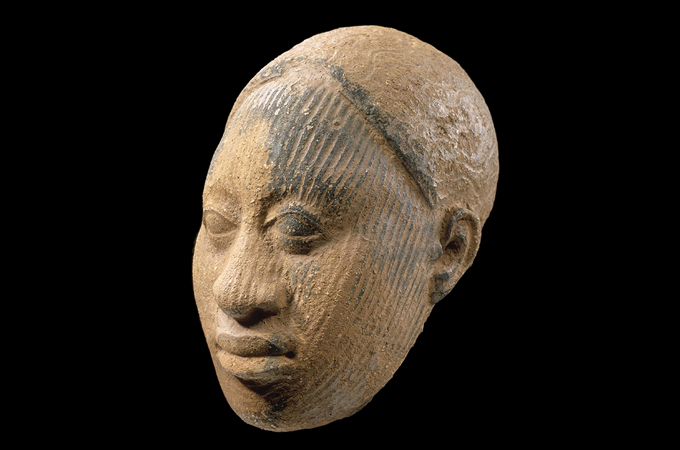Sun, Apr 12, 2015
A spectacular collection of arms and armour once owned by Tipu Sultan, the last King of Mysore, will be sold by Bonhams in the UK.
The collection will be sold as part of Bonham’s Islamic and Indian art auction at its auction house on New Bond Street on April 21.
All the lots in the auction come from a single collection.
The collection – which has been exhibited and published – features sabres, gem-set trophy swords, embroidered arrow quivers, exquisite quilted helmets, blunderbusses, fowling pieces, sporting guns, pistols, and a three-pounder bronze cannon – each and every weapon a work of art in its own right.
Tipu’s personal motif was the tiger, and he adorned both objects of art and instruments of war with images of the animal and with the tiger-stripe design, earning the nickname, ‘Tiger of Mysore’.
As Robin Wigington notes in The Firearms of Tipu Sultan 1783-1799, ‘the incorporation of the bubri (the tiger stripe),’ is what makes Tipu’s firearms unique. ‘Although the tiger stripe as an art form was widely used throughout the Islamic world, and notably in India from early times, Tipu’s particular pattern of stripe was very much his own.’
The Tiger of Mysore – who famously declared ‘I would rather live one day as a tiger than a lifetime as a sheep’ – was the East India Company’s most tenacious enemy, fighting them until his death in 1799. He was a fanatical and relentless warrior, and vowed not to sit on his elaborate throne until he had vanquished the British.
He is widely considered one of the most accomplished and daring rulers of pre-colonial India, having devised campaigns which inflicted humiliating defeats on the British. These campaigns were often based on the latest technology in weaponry, and it is believed that he introduced the military rocket for attacks on enemy infantry, a tactic which won him numerous victories over the seemingly invincible British armies.
In Bonhams Magazine, William Dalrymple recounted the emperor’s final defeat at the hands of the British: ‘When the British finally captured Tipu’s capital city of Seringapatam in 1799, the conquerors were astonished at the magnificence of the jewels and art objects that Tipu had collected. According to Major Price, who was responsible for collecting and dividing the booty: ‘The wealth of the palace, which was sufficiently dazzling to the eyes of many who were much more habituated to the sight of horded treasure than we were, seemed, at that moment, to surpass all estimates.”’
Claire Penhallurick, Head of the Indian and Islamic Department at Bonhams, says: ‘This wonderful collection of Tipu Sultan’s arms and armour is, without a doubt, of the greatest historical significance. It holds huge fascination for both India and Britain, as it is part of our shared history, and as Tipu Sultan was such an extraordinary man – certainly one of the most creative, innovative and capable rulers of the pre-colonial period. It is a collection of immense importance.’
Bonhams has previously sold two tiger-headed gem-encrusted finials from the throne of Tipu Sultan. These remarkable objects achieved £389,600 ($570,043) and £434,400 ($635,007). One of them came from Featherstone Castle, Northumberland, where it was listed in an 1843 inventory of the late Baron Wallace of Knarsdale (1768-1844) who oversaw the East India Company.
Although some of the most important items were reserved for the British Royal family, the famous golden throne was broken up for the elements to be shared, much to the disapproval of the Governor-General, Lord Wellesley, later the Duke of Wellington.
The throne was broken up so quickly following the fall of Seringapatam that little is known about the fate of the remaining throne relics. However, a large gold tiger head from the front of the throne platform now resides at Windsor Castle, along with a jewelled bird which was presented to Queen Charlotte, the wife of George III.
Another surviving finial can be found at Powis Castle, acquired by the second Lady Clive in India.











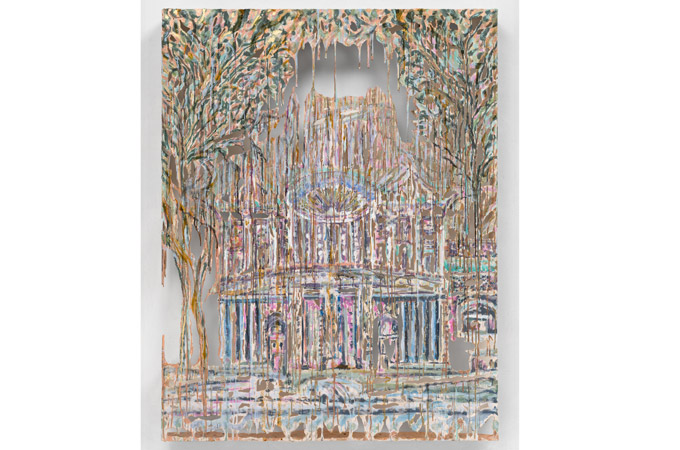
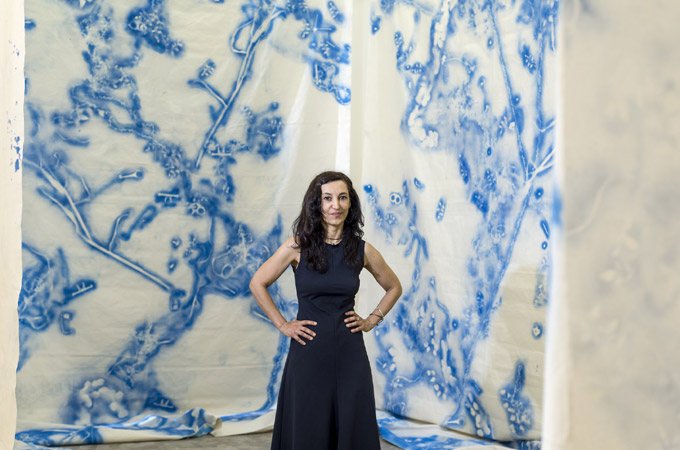
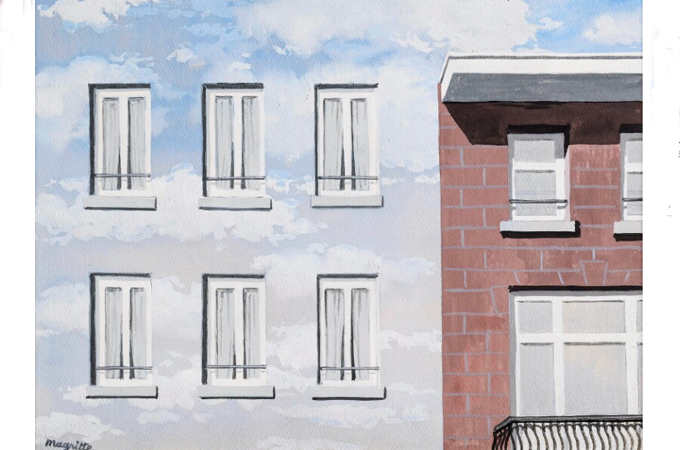

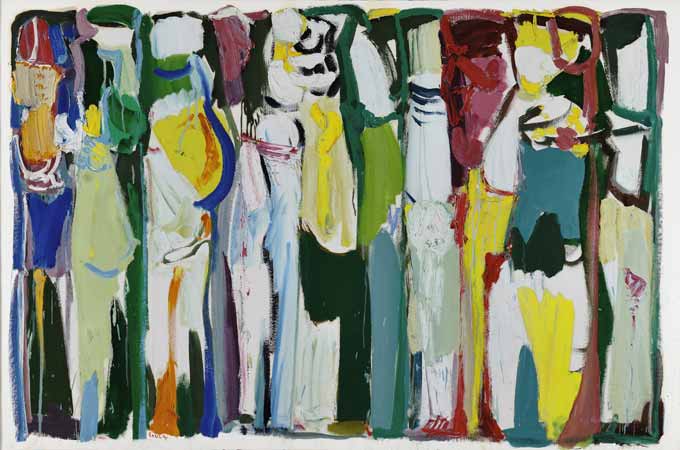
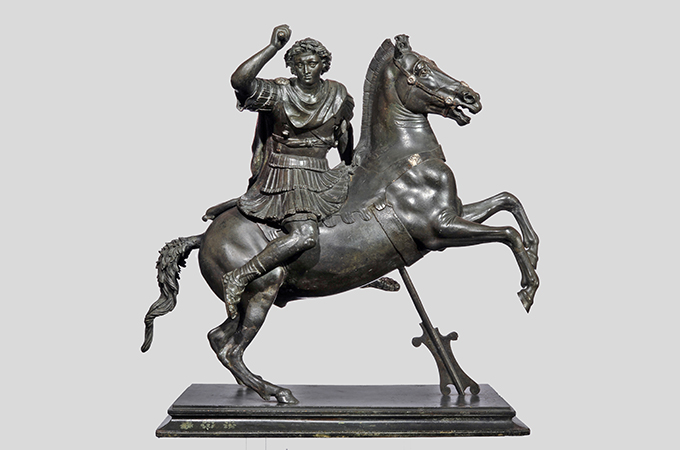

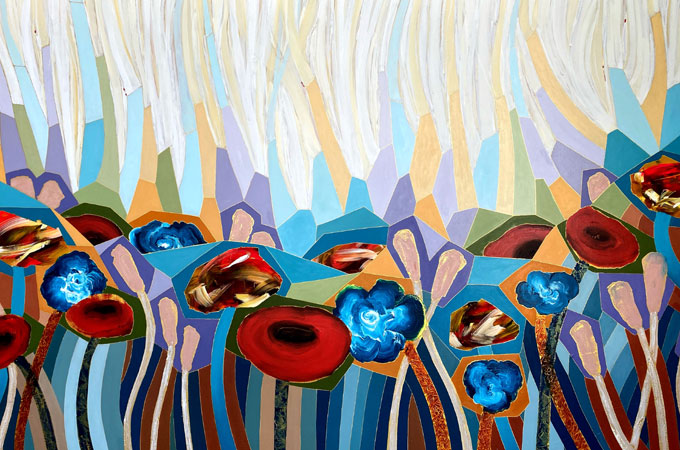
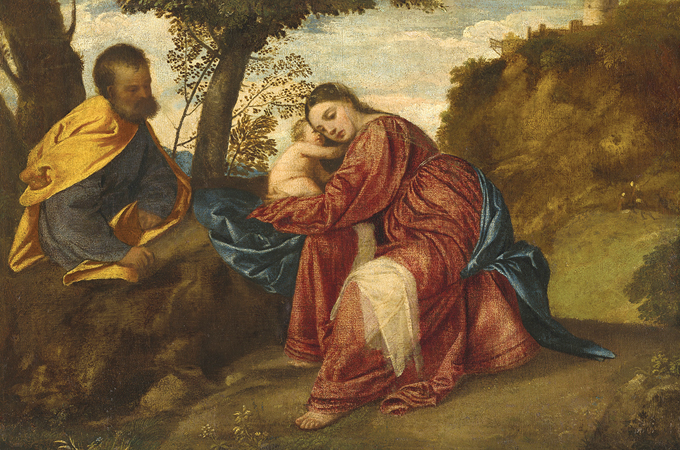
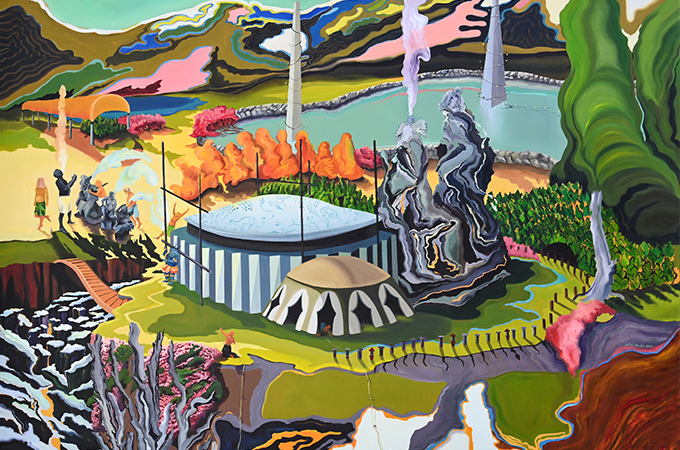
.jpg)
